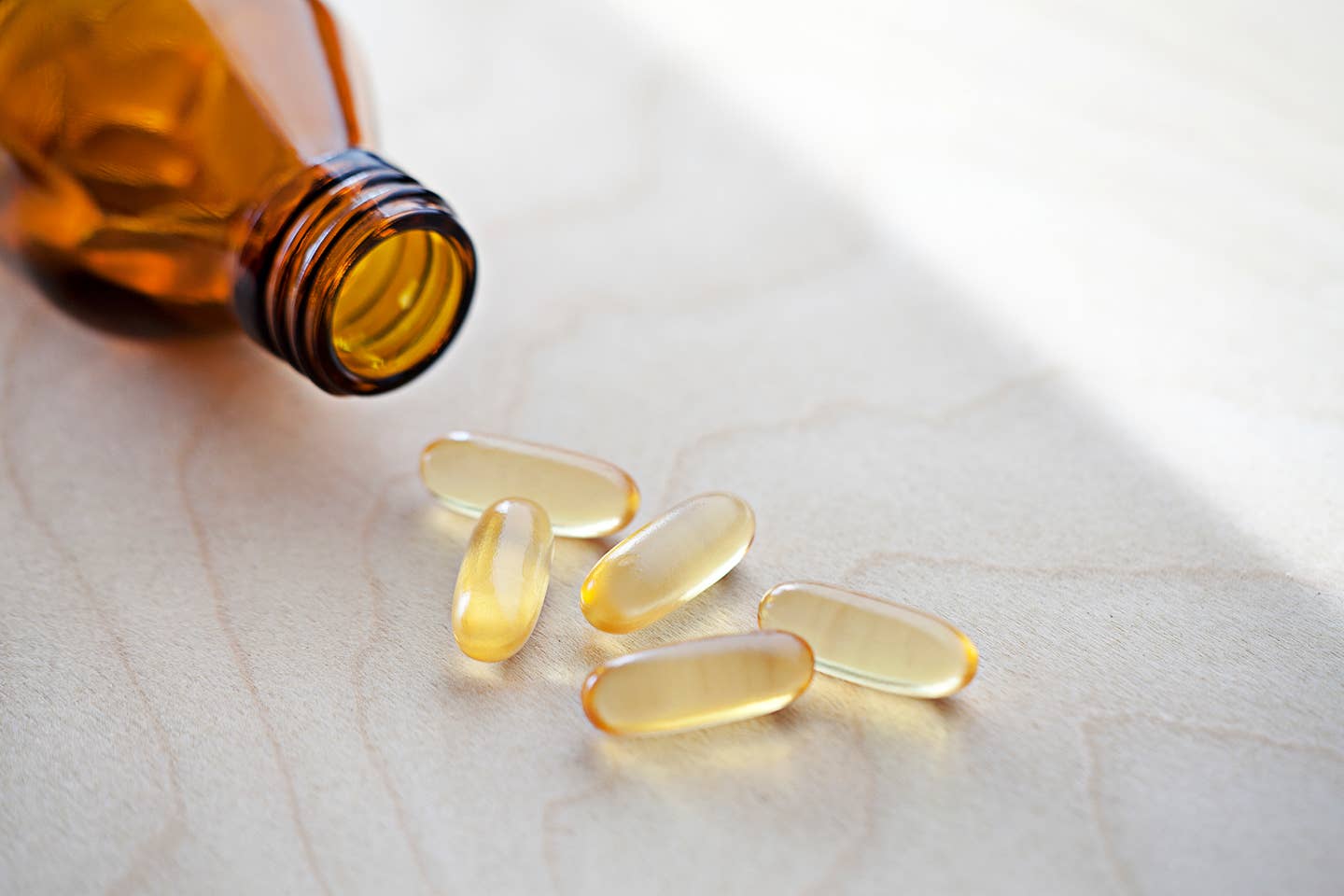
Taking Vitamin D May Protect Against COVID-19 Infection, New Study Finds
Low levels of vitamin D are related to COVID-19 infection and hospitalization, a new study out of Israel found. When doctors tested patients for risk factors of COVID-19 infection, one consistent marker was low levels of vitamin D in the blood: Patients at the highest risk for infection and hospitalization also had the lowest blood levels of vitamin D, according to the study of nearly 8,000 people. And those without COVID-219 were less likely to have low D levels, suggesting that normal levels of vitamin D may provide protection against getting COVID-19 or severe symptoms.
The takeaway for physicians, according to Medscape Medical News, is to "test patients' vitamin D levels and keep them optimal for the overall health — as well as for a better immuno-response to COVID-19," said the study's senior author, Milana Frenkel-Morgenstern, Ph.D., head of the Cancer Genomics and BioComputing of Complex Diseases Lab at Bar-Ilan University in Ramat Gan, Israel. The study was published online on July 23 in The FEBS Journal.
Previous studies are continuing to examine what potential role vitamin D has to prevent or minimize the severity of COVID-19 since there is a body of research connecting vitamin D to other viral respiratory infections. So far doctors know that overdosing on vitamin D supplements does nothing to help protect against COVID-19 but could cause other harmful side-effects, since patients were taking 5 or more times the recommended daily amount and presenting at ERs with kidney stones and other ailments, according to doctors in England. The upshot is that vitamin D levels should be kept up but not overdone.
How much Vitamin D should you take for optimal health?
The recommended daily value is 600 IUs, or at most 800 IUs, and more than that can lead to adverse effects like nausea and kidney problems. The Harvard Health Publishing Journal warns against taking over 1,000 IUs before you start to see health risks. More people are taking multiples of the recommended amount, as D deficiencies have been linked to COVID-19 symptoms, thinking they are protecting themselves.
The Beet covered "How Much Vitamin D Do You Need to Lower Your Risk of Infection" and we found that the normal amount of 40 to 60 ng/ml (nanograms per milliliter) is enough to help your body strengthen its immune system and ward off infection. Somebody with an autoimmune disease or an individual who might have problems defending against viruses should shoot for 60 to 80 ng/mL, but anything above 100 or 120 ng/mL is too high. If you’re low, your doctor will most likely recommend a supplement and then recheck your levels in a few weeks.
The most astonishing news in this current study appears to be the fact that vitamin D may even prevent someone from getting COVID-19 if the statistical analysis proves out.
Of those tested, 90 percent of COVID-19 positive patients had low D levels vs 85% of those who were negative for COVID-19. Though only a 5 percent difference, the authors said it was enough to be statistically significant.
Frenkel-Morgenstern and colleagues studied data for 7,807 people, of whom 10.1% were COVID-19 positive. Participants positive for COVID-19 tended to be younger and likely to be men who live in a lower socioeconomic area, compared with those who were negative for COVID-19.
More From The Beet






